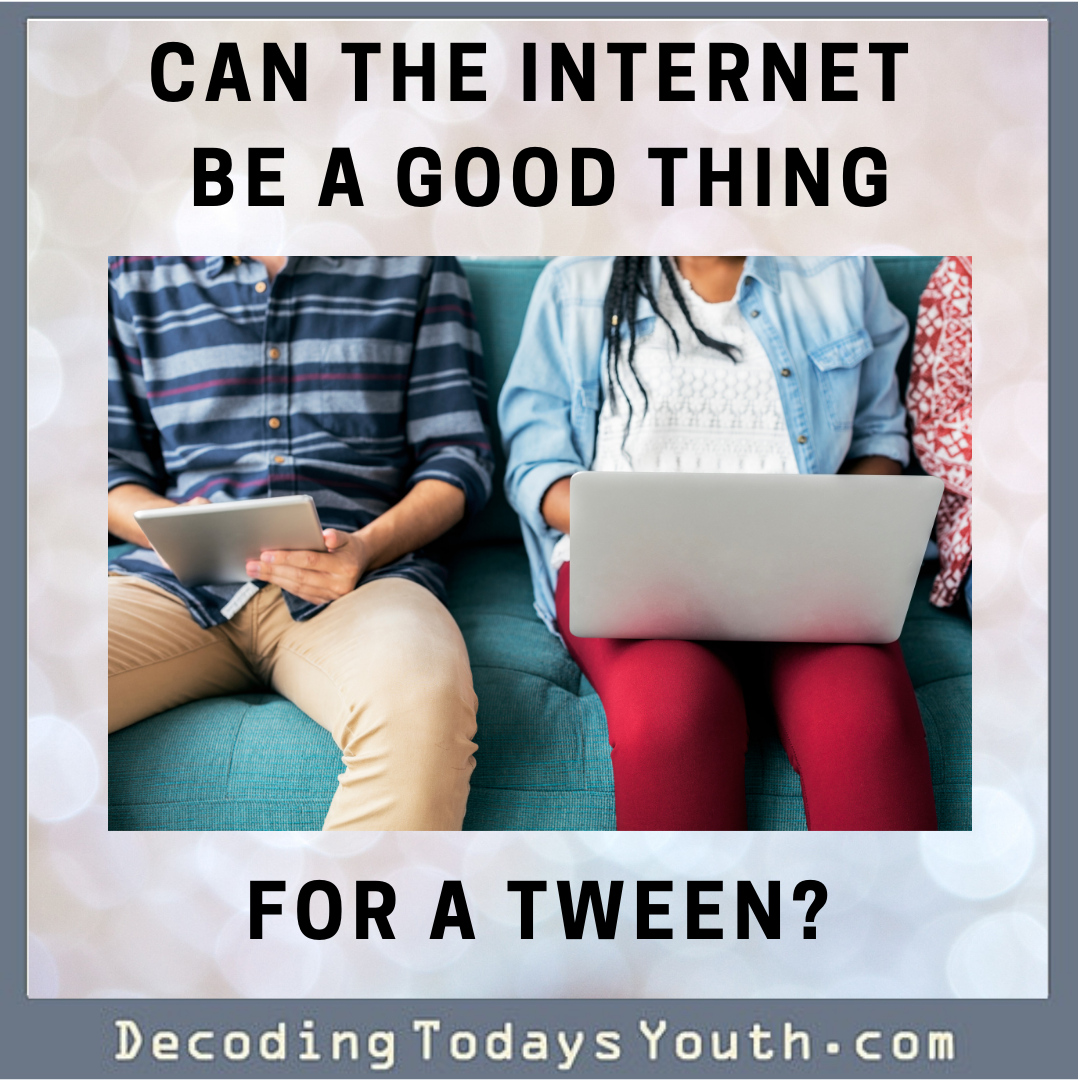
The Good in The World is ALSO at their fingertips
In a world full of negativity, it can be hard sometimes to spot the positive. Media companies purposefully hype up the bad news because it gives them more customers (and therefore, more money through advertising). Why is that? Because, sadly, we want bad news. Numerous studies have confirmed it (for example, click here and here) and when a news site goes totally positive, it loses readership big time (click here).
But positive things are happening every day. Sometimes they happen slowly, so they don’t make great news stories. For example, CNN recently thought of a few great things that happened in 2018:
- North and South Korea ended the Korean War.
- The United States’ unemployment rate was the lowest it has been since 1969.
- Women in Saudi Arabia were finally allowed to drive.
- Researchers developed a 10-minute cancer test.
- 157 new species were discovered in Southeast Asia.
- A record number of minority and gay athletes competed in the Olympics.
- NASA’s Insight captured the first sounds of wind on Mars.
The Online World and your Tween
So, good things are happening. But what about the online world? Any parent knows that today’s kids are more plugged in than ever before. In fact, one estimate is that, because of smartphones and computer screens, 1 in 3 Internet users are now adolescents or children.
And I must confess: we here at 2020 Parenting have even written several blogs warning about the dangers of Internet “stuff”: Too much time on YouTube?, Is FOMO worse because of the Internet?, Is Instagram hurting self-esteem?, and so on….
But maybe it’s not all bad (as a recent Huffington Post article declared). A really cool book that came out in Jan. 2019 (link at bottom) argues that several good things are happening because your kid can access the Internet:
Learning is possible anytime. As our own example, consider DuoLingo, a free app that allows anyone to learn a language on their phone 24/7. Dr. Lauber is currently using it to learn Spanish and he says he loves it. Your kid will have more opportunities to learn than any generation before. And online communities are forming around these platforms. This will allow your children to find friends who share their hobbies and interests.
Social media can help tweens strengthen their current relationships. Did you know that more than 90% of teens say they use social media to connect daily with people they know in real life? And that’s even true for gaming. More than 75% say they play with real friends and they feel more connected because of it. Teens say they are staying in close touch with their family members through the Internet. Again, our example? Dr. Lauber says he is hasfar better communication with this three kids, who have left the house, than he ever had with his own parents because of the Internet.
The Internet allows your child to participate in cultural change and social movements. Did you know Malala Yousafzai, the young Pakistani girl that got shot on a bus by the Taliban but went on to win the Nobel Peace Prize in 2014, started at age 12 by blogging about girl’s rights in 2009? All over the world young people’s voices are being heard because the Internet allows that to happen.
Social media can also contribute to volunteering, voting, and donating. Many young people are civically engaged in their own neighborhoods and communities because of the power of social media. In fact, one 16-year-old created an app called “Sit with Us” to help kids find a group of students to eat lunch with so they would never again have to eat lunch alone.
Finally, creativity is also prospering through the Internet. Apps and software for writing, photography, videography, and more, are popular with tween and teens. They allow even the youngest to discover their expressive and creative side.
What can you do?
We think you can help your tween by focusing on the good happening in the world. And by remembering that technology is just a tool. It can be used for good or bad. Teach them appropriate use of each app or software they install. And role model good behavior. Maybe you can show them how to learn about volunteering opportunities in their own community. Or how to turn their passion for any social cause into progress and action by learning how to communicate and possibly mobilize their community.
In the end you have a far greater influence on your tween/teen than they are likely to admit. Keep it positive. Balance out all of that “bad news” media. And teach that an act of kindness really does go a long way. Even farther, in many ways, than the Internet.
For more good stuff like this, check out Diana Graber’s great book “Raising Humans in a Digital World”.

